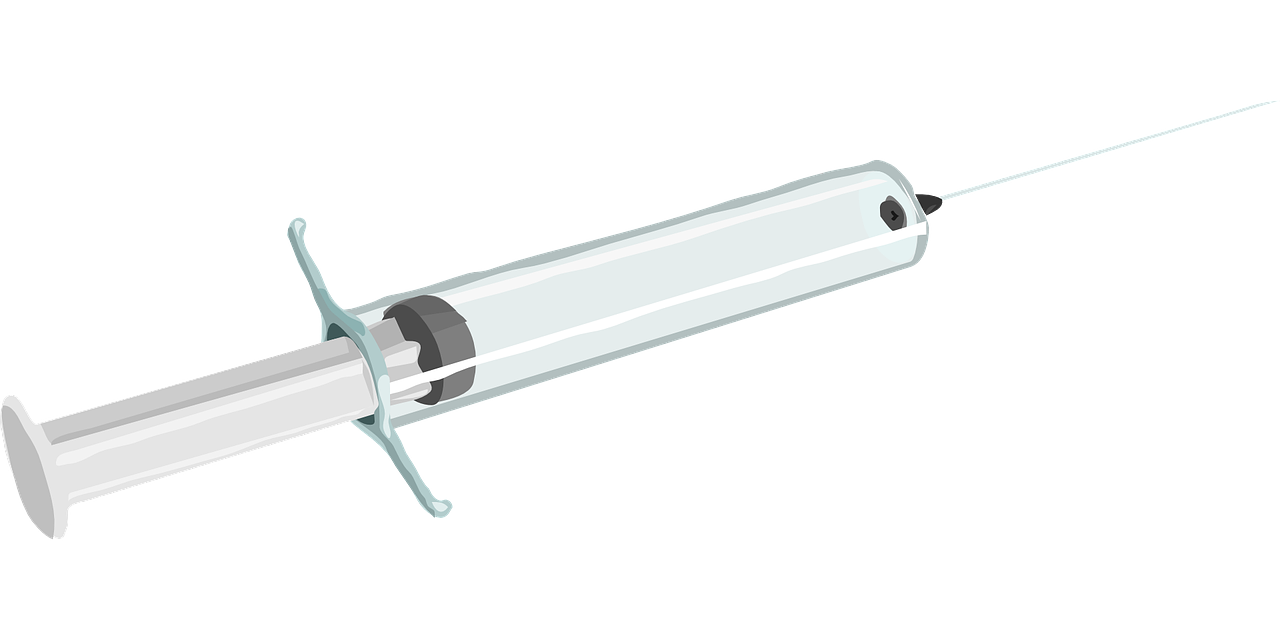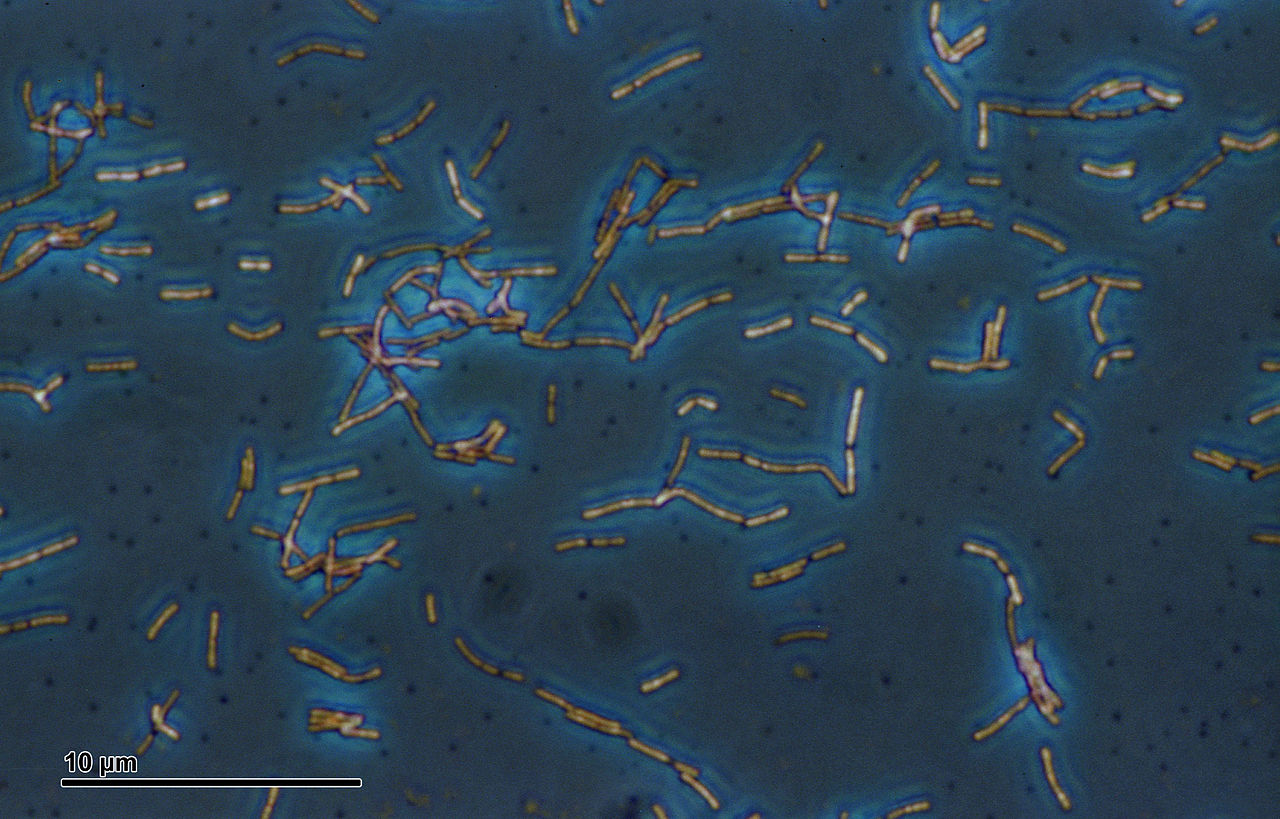
DRDO & JNU Scientists Develop Highly Potent Anthrax Vaccine
- News
- 1.6K
A group of Indian scientists have developed a new vaccine against anthrax. It is claimed to be superior over existing vaccines as it can generate an immune response to anthrax toxin as well as its spores rather than the toxin alone.
Anthrax is a deadly human disease caused by bacterium Bacillus anthracis that also infects animals like horses, sheep, cattle, and goats. Humans, pigs, and dogs are comparatively less susceptible and only get infected if exposed to the copious amount of spores.
In 2001, these spores were used as agents of bioterrorism when letters containing anthrax spores were sent to some people in America, leading to widespread panic.
Spores of the bacterium that causes anthrax are present in soil and can stay in latent form for years. However, under favorable environmental conditions, they become active and start to infect. Often, animals pick up spores while grazing, following which spores germinate in their body and produce toxins.
The anti-anthrax vaccines available in the market generate an immune response against a Bacillus protein-protective antigen – a protein that helps in the transport of Bacillus toxins inside the cells. This means that the immune response is triggered only when spores germinate in the body and start producing bacterial proteins. Anyone vaccinated with such a vaccine would show no immune response to Bacillus spores and only perform once spores germinate and release toxins.
Studies have, however, shown that when inactivated spores are injected in addition to the vaccine, the protection towards bacillus is enhanced. Researchers from the Defence Research and Development Laboratory (DRDL), Mysore and Jawaharlal Nehru University (JNU) decided to develop a single vaccine which is effective against both the toxin and its spores so as to provide complete protection.
For this, they stitched together portions of two genes: protective antigen protein and protein present in the outer layer of spore. The protein thus produced was a fusion of the two proteins and was injected into mice. After a few days, scientists found that injected mice had a high concentration of antibodies against fused proteins in its blood, showing immune response against the injected protein.
It was found that these antibodies were also able to individually bind both protective antigen and spore protein demonstrating that the vaccine can produce an immune response against both spores and the toxin.
“The ability of a fused protein to generate protective immune responses against both spores and toxin suggests it as an efficient vaccine candidate against B. anthracis infection,” explained Dr. Joseph Kingston, a scientist at DRDL, while speaking to India Science Wire.
While antibiotics are also available, vaccines for anthrax are necessary as the infection can cause death within 2-3 days leaving no scope for diagnosis and treatment.
While discussing the future directions, Dr. Rakesh Bhatnagar, co-author of the study and a professor at JNU, said, “We intend to study protective efficacy of this vaccine against Bacillus spores and toxins in higher animal models.”
The research team also included Saugata Majumder, Shreya Das, Shivakiran S. Makam from DRDL and Vikas Kumar Somani from JNU. The research results have been published in the journal Frontiers in Immunology. (India Science Wire)
If you liked this article, then please subscribe to our YouTube Channel for the latest Science & Tech news. You can also find us on Twitter & Facebook.


